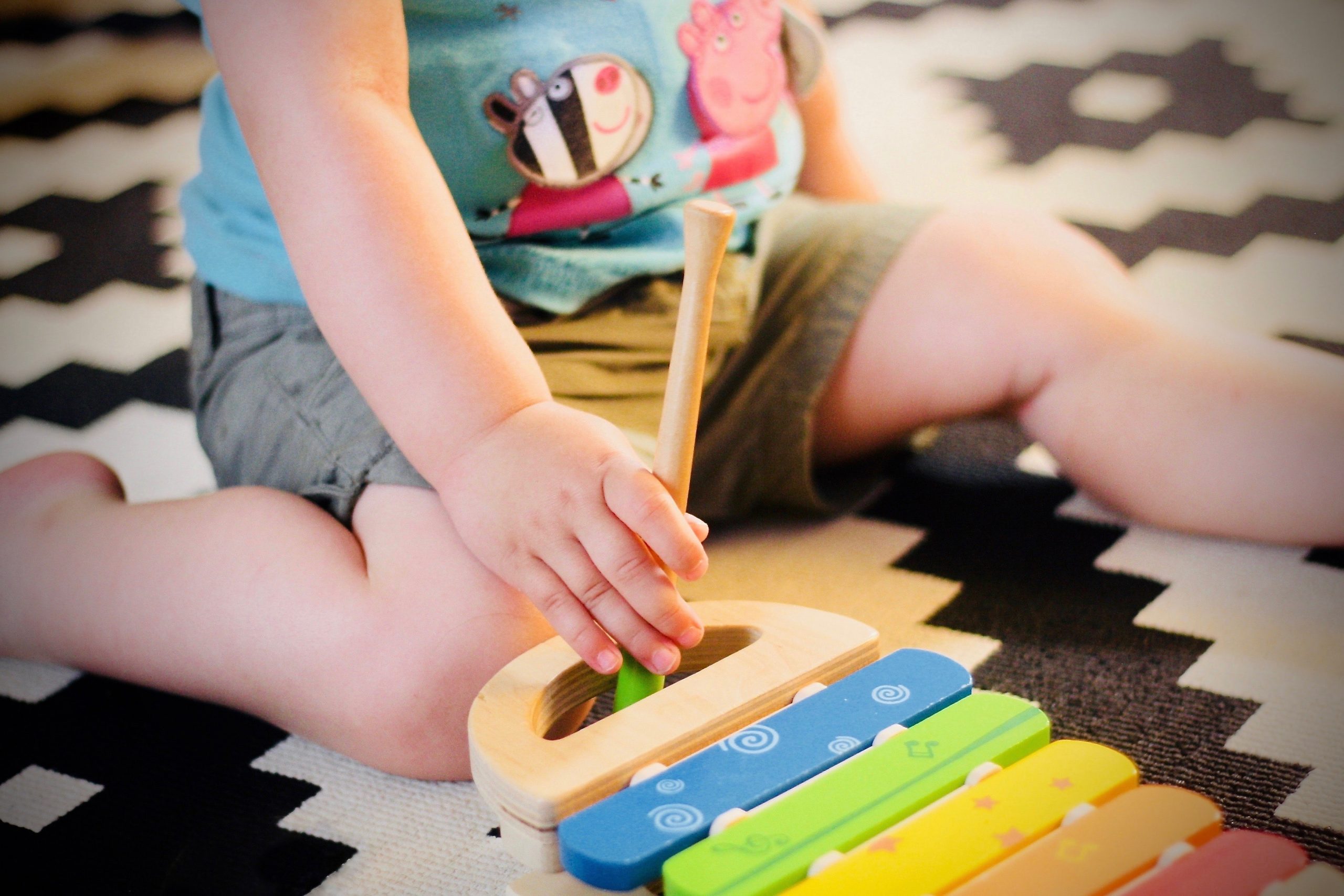Why Toddlers Don’t Like Sharing & What We Can Do About It

Can you give your brother a turn with the fire truck? Can you please share your snack with your friend? If you ask your toddler these questions, you know one of two things are about to happen: They either do as they are told with ease, or chaos ensues as they grab onto the toy like their life depends on it.
When your child chooses the latter, this is completely normal behaviour at this age. Sharing involves being able to put themselves in the shoes of the other child and understand their wants and needs – a skill that your child won’t develop for years. They also don’t understand the concept of time yet, which explains why they might act like they’ll never see the toy again.
That said, you can ease your child into learning how to share from a young age, which can result in less and less sharing squabbles throughout the day or in playgroups as time goes on. Here are our top tips on how to guide your child into learning how to share.
Keep realistic expectations

As explained before, your toddler doesn’t fully understand the social and emotional aspects of sharing yet. They are focused on their own feelings and wants which leads to possessive behaviour. While they can get better at sharing at this age, don’t expect your child to get it right once and be good at sharing from there on out. It will take time and a bunch of steps forward then back then forward again.
Be a role model
Children learn by observing and imitating. So take advantage of this by leading by example to show your toddler how to share. If you’re having a snack, offer your toddler some bites, or when you’re playing with them, offer to let them have a turn with whatever toy you’re using. Use specific phrases like “would you like to have a turn with the doll I’m holding?” or “This sandwich is really great. I would like to share with you. Do you want some bites?”
Offer specific praise when your child does share
When you do catch your toddler sharing, reinforce this good behaviour by offering specific praise. Instead of saying, “you’re being so good” or “that was really nice of you,” try something like, “that was very nice of you to share your toy. You made her very happy letting her have a turn with it.” This will allow your child to better understand the connection between the behaviour and the praise.
Respect your child’s favourite toy

Even as adults, we all have a couple of possessions that we just don’t like others handling. For toddlers, it could be their favourite stuffed animal or a certain toy car. To avoid a tantrum during a playdate, you can let your toddler put he should let the kids take turns with the rest of the toys.
Don’t try to force sharing
It’s inevitable that your toddler will still have some trouble sharing, even with these tips. One of the most important things to remember is that you should not punish your child for not sharing. This comes back to the fact that they are simply too young to fully understand sharing, so they won’t understand why they’re being punished. Instead, just ignore the behaviour or divert the childrens’ attention to a completely new game if a sharing squabble is getting out of hand.
With time, your toddler will start to better understand sharing. Until then, all you can do as a parent is gently guide them in the right direction to make the process of learning to share just a bit easier.



